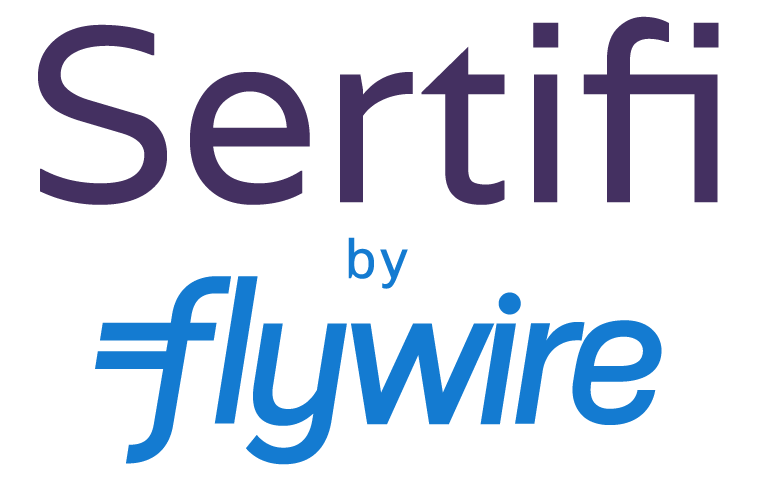Mental Health Awareness Month: Hyatt Neurodivergent Survey Spotlight
Did you know that 1 in 4 individuals in the U.S. have a sensory need or an invisible disability? With 90% of neurodivergent individuals and their caretakers planning on traveling this year, it’s important for hotels and travel companies to understand how they can accommodate them if need be.
May is Mental Health Awareness Month, and to do our part in raising awareness, we’re highlighting a recent survey conducted by our long-time partner, Hyatt Hotels. The survey was designed to listen to the key challenges of neurodivergent individuals, the first step in generating awareness for those in this demographic and determining how the hospitality industry can better serve them.
The hotel brand partnered with Dr. Recep “Richie” Karaburun and Dr. Vanja Bogicevic from New York University’s Jonathan M. Tisch Center of Hospitality and Kulture City, a nonprofit organization that teaches venues and organizations about sensory accessibility and acceptance for those with invisible disabilities. The study was meant to guide the researchers in making a neurodivergent person’s travel journey, from arrival to check-out, more seamless and inclusive.
Based on the survey’s results, here are some solutions hotels can implement at their properties to accommodate neurodivergent travelers:
Knowing Exactly What to Expect & Flexible Bookings
Finding(s): Knowing exactly what to expect from their stay is important to neurodivergent travelers and their caregivers. More than 60% of caregivers reported that being able to select rooms that fit individual needs, such as rooms with less noise and the features that come with the room before check-in, would make the process better. Similarly, more than 50% of neurodivergent respondents reported wanting visual layouts of a hotel’s property and rooms before their trip to know what to expect.
Solution: Hotels can offer flexibility by giving travelers the choice of room type, amenities, and room location by clearly listing this information on their website and allowing guests to change rooms upon arrival if need be. Hotels can also be forthcoming about what guests can expect from their stay by featuring visuals on their website. This can include photos of common areas, amenities, and rooms, along with 3D room and property tours and floor plans.
Feeling Supported Through Personalized, Easy Communication
Finding(s): Neurodivergent travelers and their caregivers both showed a significant desire for personalized communication regarding their stay. Email is the preferred method of communication for both groups, but 30% of neurodivergent travelers and more than half of neurodivergent business travelers would prefer to receive a phone call from their hotel to confirm an upcoming stay rather than a standard email. Nearly 30% of caregivers reported “the more communication the better” to help members of both groups prepare for their arrival.
Solution: Hotels can train their staff to offer personalized pre-arrival communications for neurodivergent travelers and their caregivers to show support and empathy. They can also take “the more communication the better” in stride. For confirmation communications, hotels can call guests before their stay to discuss their travel plan and their needs upon arrival. After the call, hotel staff can then send the guests a confirmation email with the information about their stay, including what was discussed on the phone. In terms of assistance, hotels can offer multiple communication avenues, such as phone, email, website chat, and messaging on social media, to give travelers flexibility and meet their preferences.
Self-Care Accommodations and Amenities Make for a Healthy Stay
Finding(s): To make their stay more comfortable, 60% of Millennials and Gen Z neurodivergent travelers and caregivers said that they would welcome sleep gadgets if hotels offered them. On top of that, more than half of neurodivergent travelers noted that they would take advantage of wellbeing activities hotels offered during their stays, emphasizing the importance of offering spaces and options to practice self-care while away from home.
Solution: In order to cater to guests’ self-care needs, hotels need to recognize that wellbeing looks different for everyone and that each guest can benefit from a personal, tailored approach to make the most of their stay. Aside from recognition, hotels and resorts can offer physical spaces that are designed to support self-care and sleep, such as sleep and recovery suites. Hotels can also offer self-care-based activities, such as exercise classes led by hotel staff. Finally, hotels can offer a range of amenities, such as noise machines, access to meditation apps, sleeping masks, personalized pillows, and even AI-powered beds to help guests fall asleep faster.
It’s Worth the Effort
It’s worth noting that altering some of your processes and approaches to better serve those with sensory needs or invisible disabilities won’t go unnoticed. Nearly 70% of caregivers and more than 50% of neurodivergent travelers said they would disclose their neurodiversity during the booking process for a hotel to better serve them. For neurodivergent business travelers, the sentiment was even higher at more than 75%.
“Individuals with invisible disabilities are often misunderstood, and our collaboration with Hyatt aims to change that by directly listening to the community,” said Sean Culkin, KultureCity team member, autism self-advocate, and member of the neurodivergent community. “With KultureCity carving the path for inclusion and awareness, and Hyatt leading the way to have an open conversation to uncover areas of improvement, we can provide the tools and resources for the hospitality industry to encourage neurodivergent travelers, so they too can immerse themselves in the transformative powers of travel.”
Because our industry is all about serving the best experience no matter the guest, it’s important to train staff members to understand the needs, preferences, and possible stress triggers of a neurodivergent traveler. We’re proud to partner with Hyatt, who’s prioritized creating safe, enjoyable experiences for every guest.

